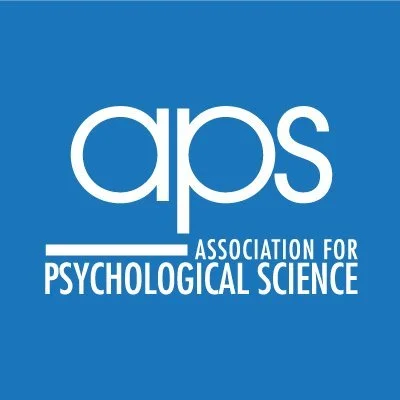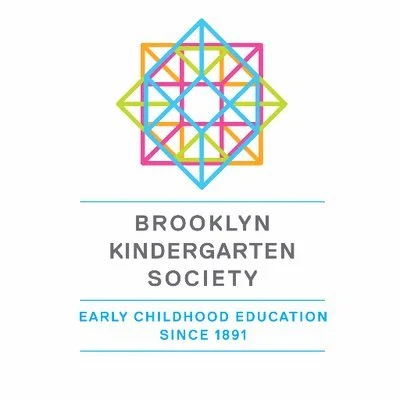The Promise of Game-Based Assessment in Early Childhood Education
Subramanyam, A. & Kwan, T.
Published 2019
Executive Summary
A Head Start program in New York City piloted Cognitive ToyBox, a game-based assessment platform. In the 2017-2018 school year, four teachers used game-based assessments aligned to language and math goals described in the Head Start Early Learning Child Outcomes Framework. The findings and results support the idea that a combination observation and direct assessment approach can reduce the burden for teachers and increase the reliability and validity of child-level assessment data.
Other Research
-
![]()
Using Cognitive ToyBox at Home during Covid-19 School Closures
Los Angeles Unified School District
-
![]()
Technology-Based Tools Enable Greater Collaboration Between Head Start and Public Schools
The City of Chattanooga's Office of Early Learning
-
![]()
Measuring school readiness through games: reliability, validity and outcomes
Head Start Program
-
![]()
CTB: Data-Based Assessment Tool to Accelerate Progress in Early Childhood Literacy
Davie County School System
-
![]()
HTKS-Kids: A tablet-based measure of self-regulation to equitably assess preschoolers
Association for Psychological Science
-
![]()
Supporting family child care providers and networks with Cognitive ToyBox
Avance
-
![]()
Implementing Cognitive ToyBox in Louisiana Center-Based Pre-K Settings
Louisiana DOE
-
![]()
CTB Alongside a Traditional Approach to Assessment in the Early Classroom
WestEd
-
![]()
The role of developmental change and linguistics in the mutual exclusivity effect
Cognition Journal
-
![]()
Cognitive ToyBox Subject Matter Expert Review
WestEd
-
![]()
The Promise of Game-Based Assessment in Early Childhood Education
Brooklyn Kindergarten Society
-
![]()
Week-long practice matching 2D objects improves 3D shape bias and vocabulary growth
Cognitive Science Society
-
![]()
Hudson Guild Case Study
Hudson Guild













